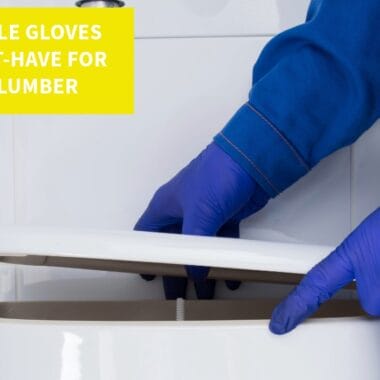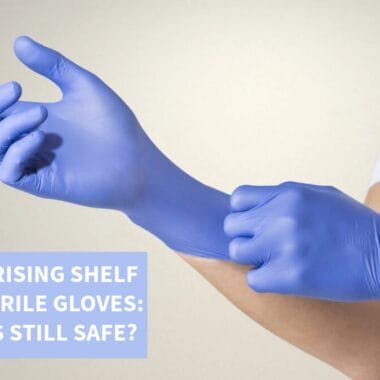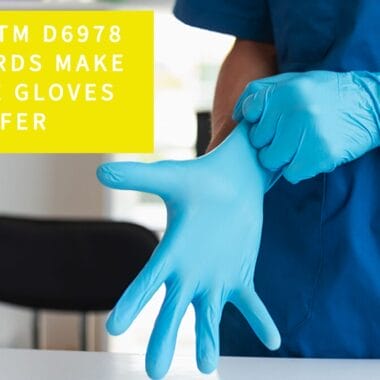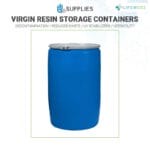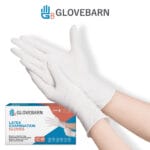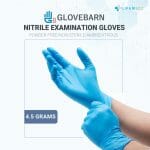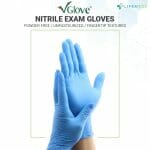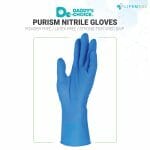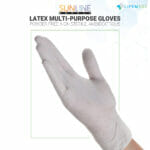What are Respiratory Fit Testing Kits?
Respiratory Fit Testing Kits are specialized tools and equipment used to ensure that respirators properly fit the user, creating an effective seal around the face to prevent exposure to airborne contaminants. These kits are essential for industries where workers are exposed to hazardous particles, fumes, or gases, such as healthcare, manufacturing, construction, and chemical processing. Fit testing is a regulatory requirement to verify that the chosen respirator offers adequate protection by forming a proper seal on the individual’s face.
Fit testing kits typically come in two types: qualitative and quantitative. Qualitative fit testing relies on the user’s sensory detection of a test substance (such as a bitter or sweet solution), while quantitative fit testing uses machines to measure the amount of leakage into the respirator.
Importance of Respiratory Fit Testing Kits in the Enterprise Environment
In industries where respiratory protection is critical, Respiratory Fit Testing Kits are an essential tool for maintaining workplace safety. An improperly fitted respirator can allow hazardous particles, such as dust, vapors, or pathogens, to bypass the mask’s filtration system, putting workers at risk of respiratory illnesses, chemical exposure, or infections. Fit testing ensures that each employee’s respirator provides the necessary protection based on the unique shape and size of their face.
For enterprises, the use of respiratory fit testing kits is also necessary to meet regulatory standards such as OSHA’s Respiratory Protection Standard (29 CFR 1910.134). This regulation requires that workers who wear tight-fitting respirators undergo fit testing before initial use and at least annually thereafter. Non-compliance can lead to legal penalties, fines, and increased liability risks for the organization.
Proper fit testing also boosts worker confidence and safety, ensuring that employees feel secure and protected in hazardous environments. In industries like healthcare, this has been especially important during situations like the COVID-19 pandemic, where respirator use has been critical to protecting frontline workers from airborne pathogens.
Types of Respiratory Fit Testing Kits
1. Qualitative Fit Testing Kits
- Purpose: Uses sensory tests, such as taste or smell, to assess respirator fit.
- Common Uses: Used for N95 respirators or other disposable masks.
2. Quantitative Fit Testing Kits
- Purpose: Uses machines to provide numerical data on respirator seal effectiveness.
- Common Uses: Ideal for more precise testing of tight-fitting respirators, such as full-face masks.
Managing Respiratory Fit Testing with Enterprise Software
Enterprise software can automate and streamline the management of respiratory fit testing by tracking testing schedules, compliance, and certifications. Key features include:
- Compliance Monitoring: Ensure employees are tested according to OSHA and industry-specific standards.
- Test Scheduling: Automate reminders for annual fit tests to stay compliant.
- Documentation: Maintain records of fit testing results for audit and regulatory purposes.
Conclusion
Respiratory Fit Testing Kits are crucial for ensuring that workers in hazardous environments receive adequate protection from airborne contaminants. By conducting regular fit tests with these kits, enterprises can comply with safety regulations, protect employees, and maintain a safe working environment. Using enterprise software for fit test management enhances the process, ensuring timely compliance and accurate record-keeping.
« Back to Glossary Index

